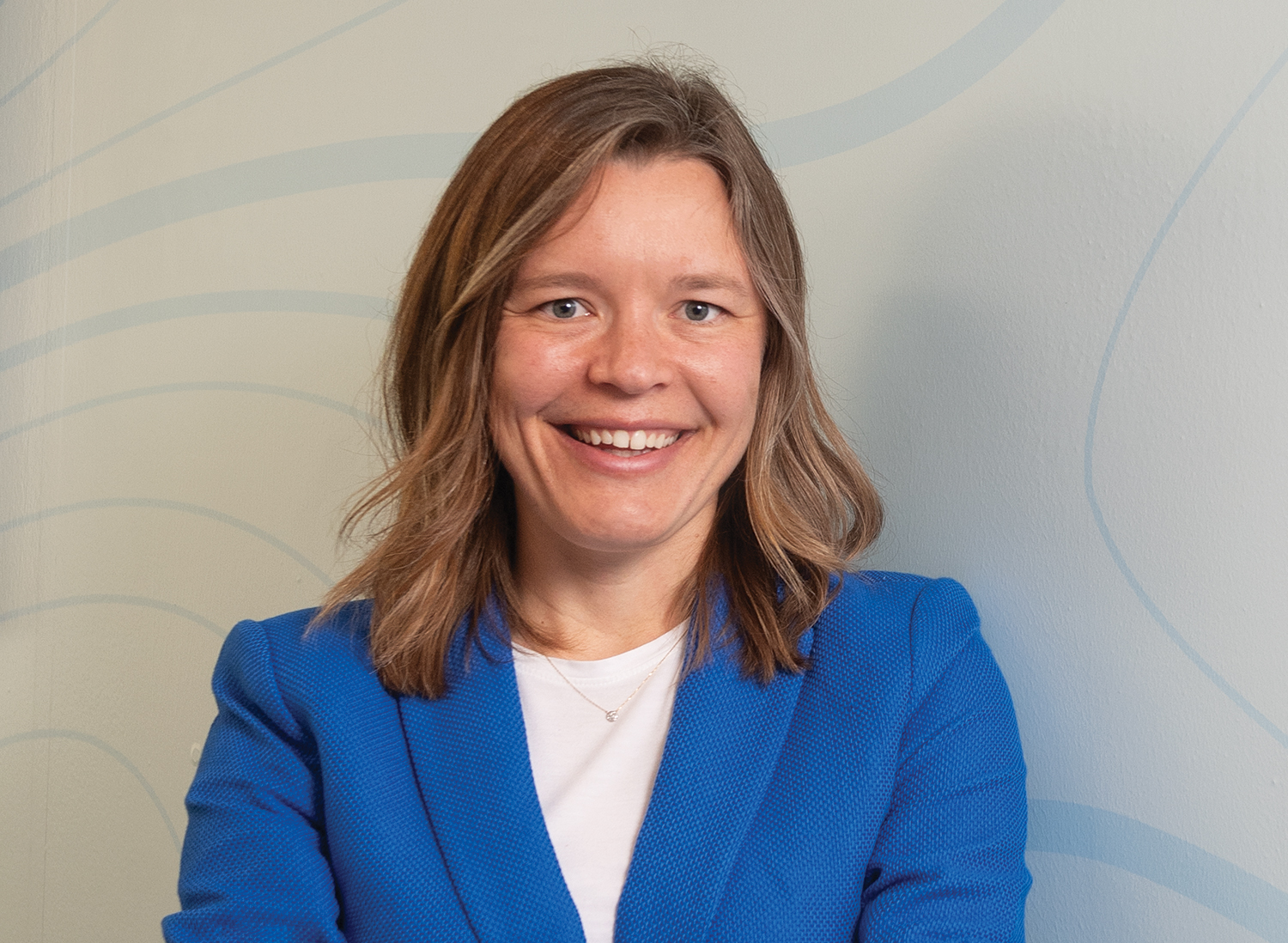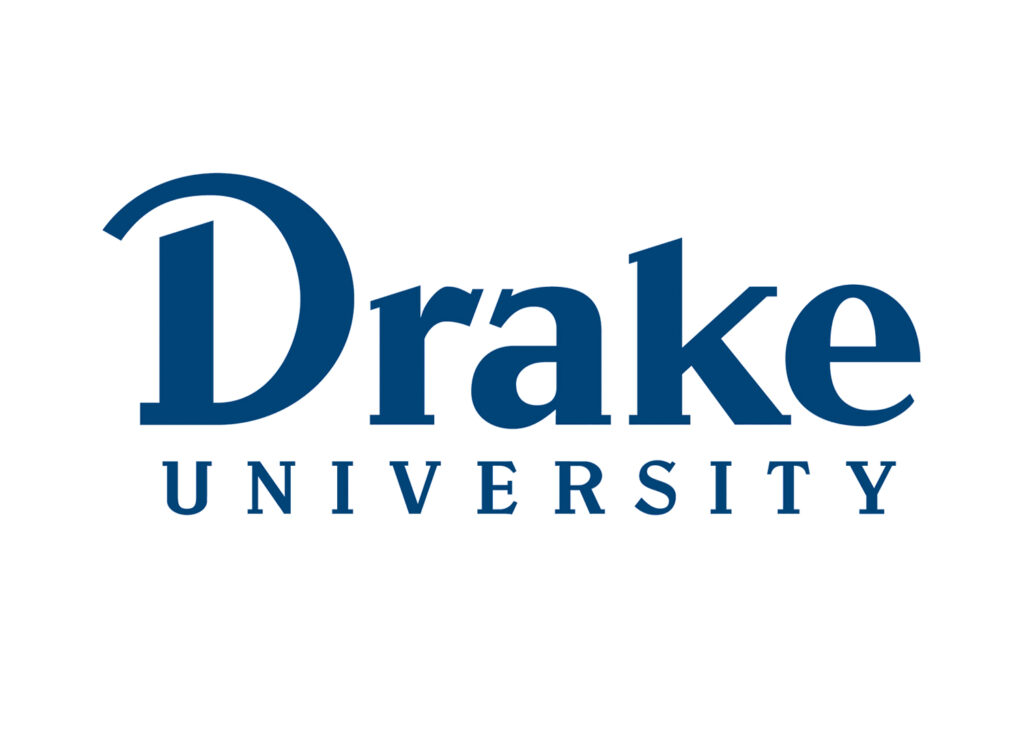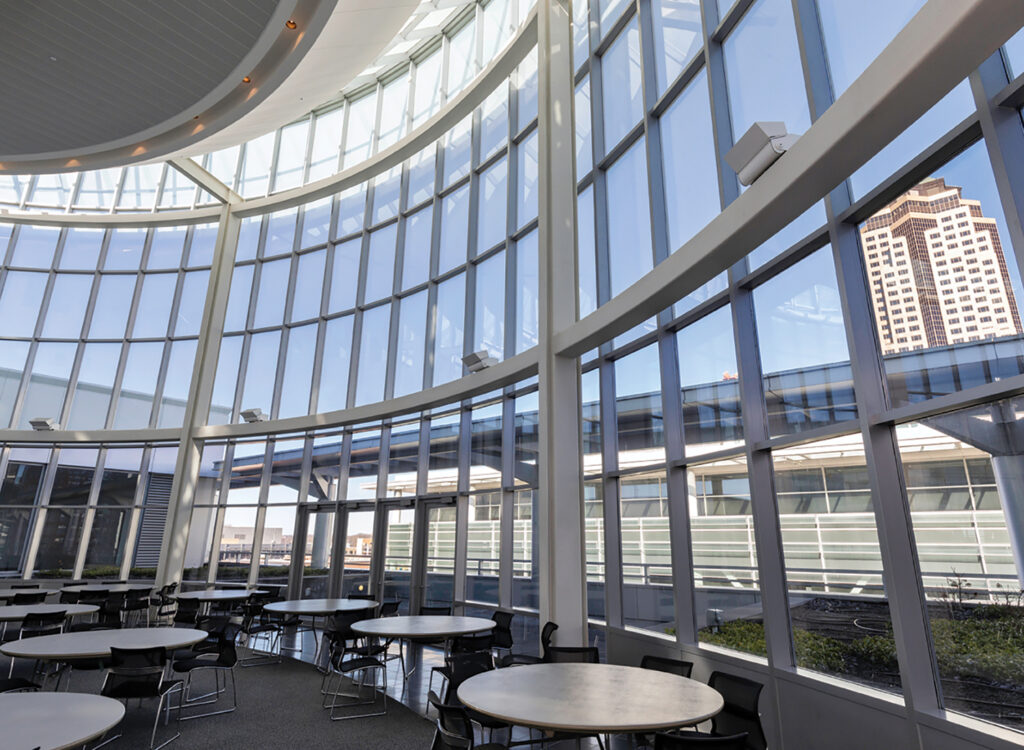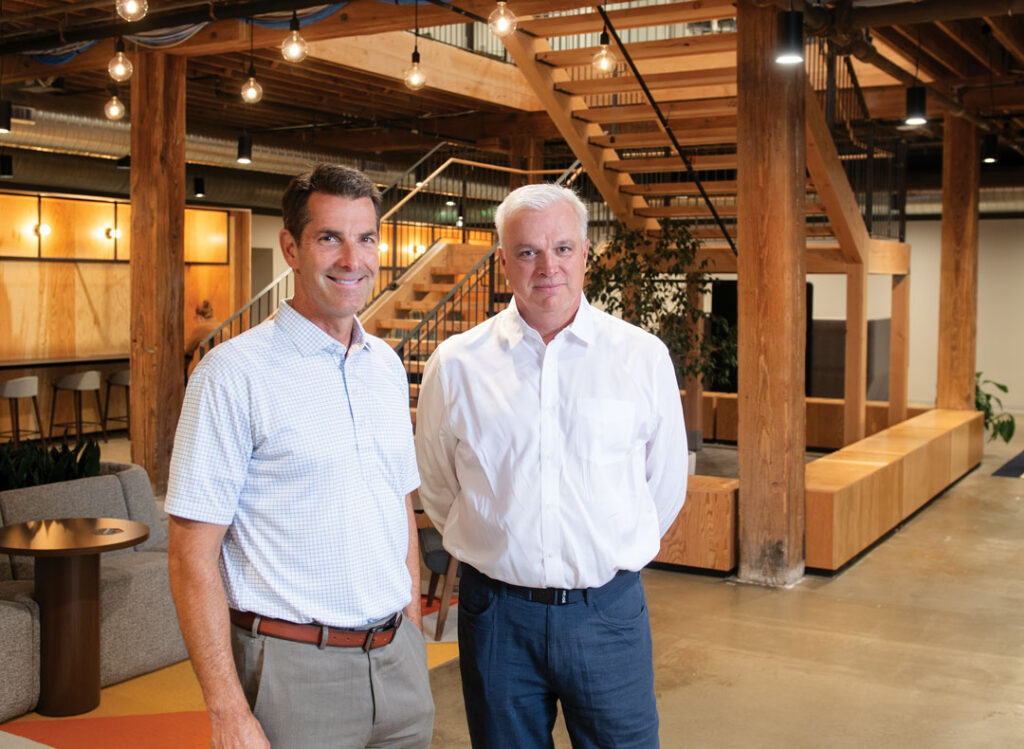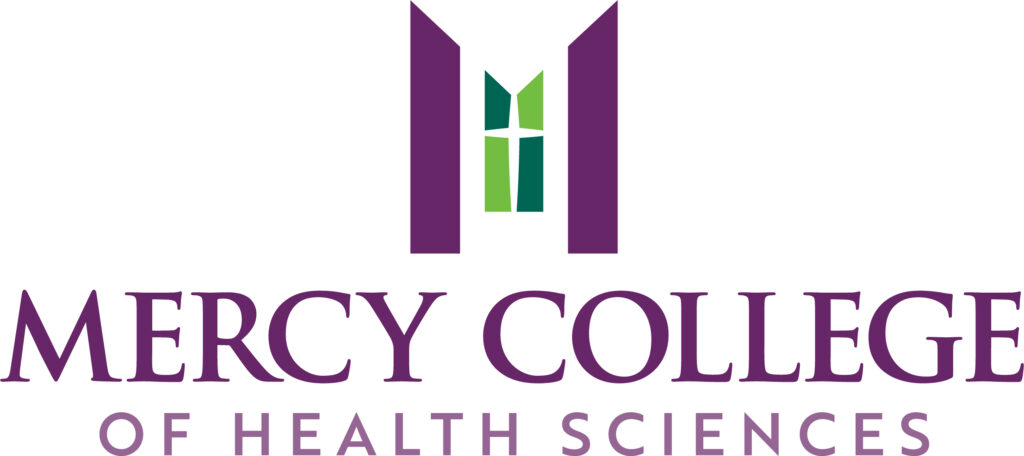Meet Alanah Mitchell, Drake’s business college dean

Kathy A. Bolten Sep 5, 2025 | 6:00 am
7 min read time
1,601 wordsA Closer Look, Business Record Insider, EducationAlanah Mitchell studied computer information systems and marketing at Simpson College but was unsure how to use the majors after graduation.
A guest speaker at the Indianola college shared his experience in pursuing a master’s degree in e-commerce and Mitchell was hooked.
“I found that to be the perfect marriage of what I was looking at – technology and marketing, together,” said Mitchell, who in July became dean of Drake University’s Zimpleman College of Business.
As she pursued her master’s degree in e-commerce at Creighton University, Mitchell worked with a professor doing research for a project.
“I thought it was amazing – you got to study anything and go explore it deeper,” she said. “That inspired me to get my doctorate.”
Mitchell has remained in academia, teaching at Appalachian State University in Boone, N.C., for seven years before joining Drake’s staff in August 2015.
During the past 17 years, Mitchell has published over 70 peer-reviewed journal articles and book chapters in the areas of information technology management, e-commerce and information pedagogy. In August, a book written by Mitchell and Drake colleague Radostina Purvanova was published. The two wrote “The New Workplace” to help company leaders align workplace strategies with employee preferences, Mitchell said.
In July, Mitchell began a three-year appointment as dean of Drake’s business college, which had an enrollment in 2024 of 664 undergraduate students and 257 graduate students. The business college includes 61 faculty and staff.
We recently caught up with Mitchell and talked with her about her new role. The conversation has been lightly edited and condensed for clarity.
How has business education at the college level changed from when you attended Simpson College?
It’s quite different from what I was doing then. Here at Zimpleman, we have undergraduate programs; we have graduate programs; we have professional education programs; we have centers and institutes. All of the functional areas, plus we have the technology piece with information systems; we’ve got data analytics and we have business law, which is our newest major. A lot of our students are finding ways to complement one major with another major and really create their own intersection of what they can do. I think that that’s really valuable because business is changing rapidly. It’s nice for our students to have a couple areas of expertise.
What would you like to see the business college expand or add to help make students ready for that next generation of business?
We have created a really wonderful community of learners across all of our different programs. I feel really good about the vision and mission that we’re working towards, which was set by former dean Alejandro Hernandez. We really focus on ‘Business as a force for good,’ [the business college’s North Star belief]. I want to continue the momentum we have in that area. I probably will bring a little bit of a different lens to it because I have the technology background and I have the systems thinking perspective. Bringing that lens to it will be a change, but also relevant to what we’re doing and keeping us moving forward with that same mission. My goal is to keep the momentum and just put my different lens on it.
During the past five years, business has changed from sitting at a desk in an office to sitting in your home or wherever your office may be. How do you get students ready for that type of environment?
A colleague and I have a [recently published] book called “The New Workplace.” I’ve been studying technology-supported collaboration for a couple decades. So has my colleague, Radostina Purvanova, [a professor of leadership and management at Drake’s business college]. We were looking at this for a long time prior to the pandemic. The pandemic exposed working remotely to everybody at a more accelerated timeline than companies – or anybody – was prepared for.
Companies have chosen their workplace strategies – completely remote, in-person, a hybrid of the two. But we also have people who have developed their preferences – they really like working from home or they like the hybrid options. Now it’s, ‘How do you get the organizational strategy to align with individual preference and try to get people to be in a place where everybody is moving forward in a successful way?’
From the education standpoint, you get different answers when you’re talking with students. They’re having different kinds of internship experiences than they would have previously. All of our graduate level programs are online so grad students are having exposure to a remote experience.
For our undergraduates, we are teaching them how to work in a virtual team and they’re getting those skill sets. We have a business communications class that provides students with the skills they would need if they are working fully remotely or if they are in a hybrid team.
What skills do students need to work in a hybrid environment that are different from the ones they needed prior to the pandemic?
Communication is going to be critical. They need to be clear about their communication and their intention. Another one that is interesting, and that we talk about in the book, is task-location fit. Some tasks are better by yourself in a remote location and some tasks are better in the office together, around a table. So, just thinking through ‘Is this the right place for the activity or should I be doing it somewhere else?’ and then adjust accordingly.
How do you align work strategies with your work preferences?
There’s a lot of different ways you can think about it. You think about it individually, like ‘My company wants me in the office all of the time but I want a hybrid situation. How can I make that work for me? How can I maybe move myself closer to the company’s strategy?’ You can also think about it from the team perspective by understanding the preferences of your team members. You also need to think about it from the organization’s perspective.
I think it’s important for both sides to understand each other’s perspectives.
I think what the book does really well is tell the stories of other preferences. Everybody is familiar with what they think and why they have certain preferences. It’s hard to put the other shoe on and see why somebody else might have a different preference. The book tells stories from almost 90 different individuals and I think it helps to see what other viewpoints might be.
What did you learn from putting the book together that you might want to apply to your new role as dean?
We have online classes and we have in-person classes. But that idea of ‘Where’s the right spot to be doing this?’ is a really helpful skill for students to develop early on. During orientation with new students, our current students were giving them some smart advice like if you have an online class you need to put it on your calendar and pay attention to it and not wait until you have something that is due.
Nationwide, and in Iowa, enrollment in high school is starting to decline, which means enrollments in colleges will begin to decline. What is the Zimpleman Business College’s strategy to minimize the impact of the decline?
I feel really good about the foundation that we have in place. Our staff are experts in their fields and they really care about the students we have here. I also feel really good about the students that we do have here and the ones that are still coming. So yes, there will be a decline but students will continue to come here. We will just continue marketing and connecting with all of our audiences inside and outside of Iowa.
What are your top goals for the next three years?
I want to continue building on the momentum that we have. I believe in our mission: Business as a force for good. I know that the students that we have want to have meaning and purpose and impact, so I definitely want to continue with that. As the dean, I see it as my role to tell the stories of what we’re doing and connect our group here at Zimpleman with groups across Drake, across our community and with our industry partners and alumni. And, I think it’s important for us to be current and connected and constantly looking at that.
When you’re not at Drake, what are you doing?
I have a husband and four kids and the kids keep us busy with all of their activities and events. We have a dog and a handful of chickens. My house is very busy.
At a glance
Family: Husband, Jason, and four school-age children
Education: Bachelor’s degree in computer information systems and marketing, Simpson College; master’s degree in e-commerce, Creighton University; and doctorate in information technology, University of Nebraska at Omaha
Work background: Assistant professor of computer information systems, Appalachian State University, August 2009 until June 2015; joined Drake University’s staff in August 2015. Roles at Drake include associate professor of information systems, co-chair of data analytics program, chair of information management and business analytics, associate dean of academic affairs, Aliber distinguished professorship and professor of information systems. She became dean of the Zimpleman College of Business on July 1.
Other activities: Spending time with family
Contact: Alanah.mitchell@drake.edu
Note: This story was updated on at 11:00 a.m. on Sept. 5 to include the correct spelling of Radostina Purvanova, professor of leadership and management at Drake’s University’s business college. Purvanova co-authored a book with Alanah Mitchell.

Kathy A. Bolten
Kathy A. Bolten is a senior staff writer at Business Record. She covers real estate and development, workforce development, education, banking and finance, and housing.

